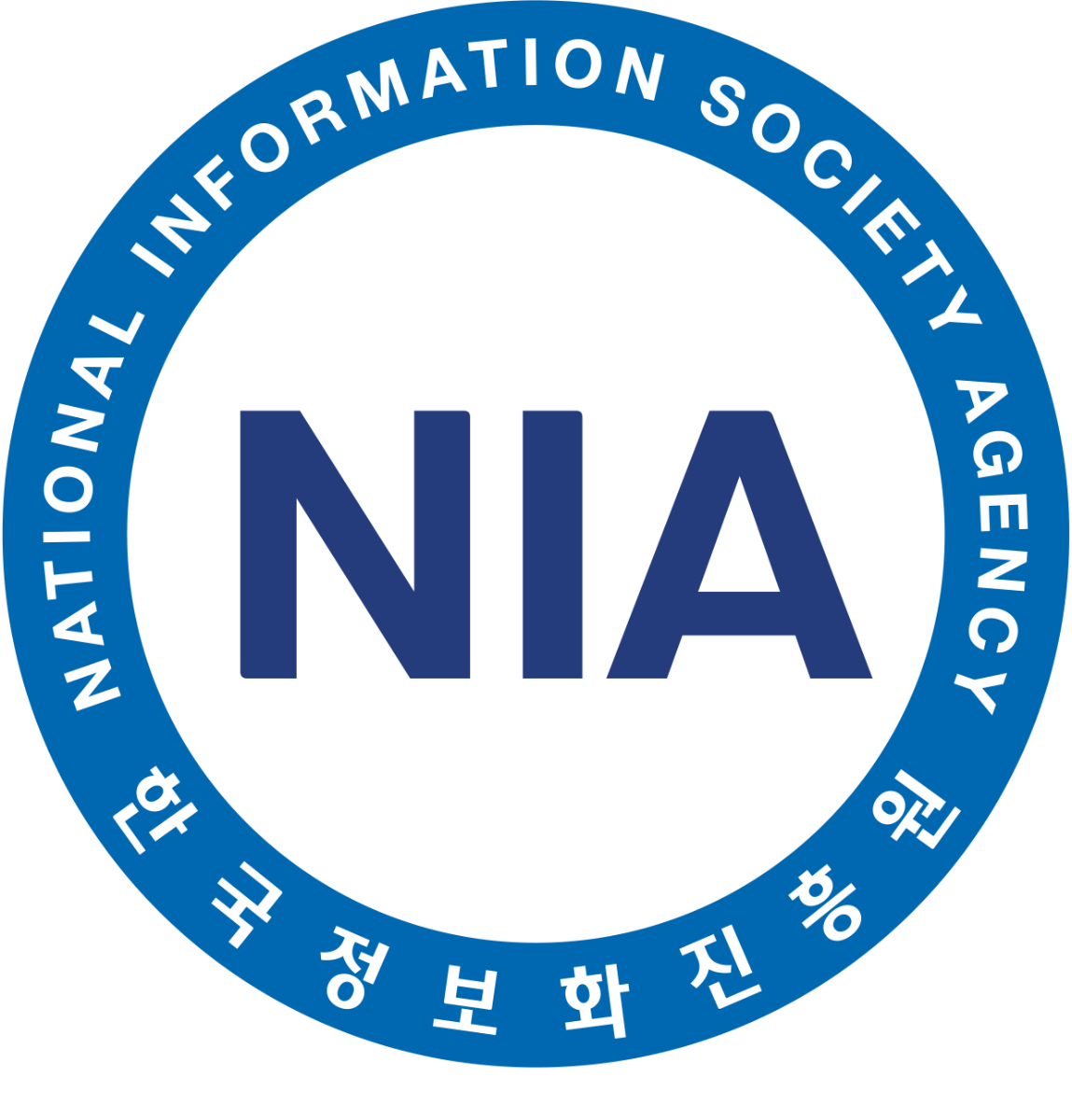Collection
National Informatization Data

The National Information Society Agency (NIA), having originated as the National computerization Agency in 1987, established the history of the informatization of Korea and executed the role of forming the status of Korea being the leading ICT power in the world. As such, it has been working on solving the pending issues of the society and leading the future of national informatization on the foundation of ICT with the vision of becoming the ‘best specialized ICT institution in the world’.
NIA is presenting the paradigm for an economic society of the 4th industrial revolution, supporting the solutions of pending social issues and value creation on the basis of ICT, providing customized services for enhancement of convenience, and executing policy research and projects to lead the future data-centered society for realization of the future intelligent informatization society.

The National Information Society Agency is publishing a report on the survey of the actual status of information culture, excessive reliability on smartphones and information gap indices, etc., and the [Informatization Policy Journal], which is an academic journal registered with KCI in the area of informatization in addition to the [National Informatization White Paper] and the [Informatization Statistics] every year. Moreover, the NIA is publishing a diverse range of research and plan reports on new trends in ICT technologies and for exploration of the future outlook and strategies for intelligent informatization society in accordance with the new ICT technologies, along with presentation of the trends of and policy directions for the electronic government.
Accordingly, a diverse range of information will be provided which is aimed at realization of future intelligent informatization society by passing data on the analysis of paradigm, forecast for the future society, and future policy direction in accordance with the changes in new ICT technologies through the categories of ‘Informatization policy’, ‘Electronic government’, ‘Digital Inclusion’, and ‘ICT Infrastructure’ of the .
 This website is the official e-government website of Korea.
This website is the official e-government website of Korea.
